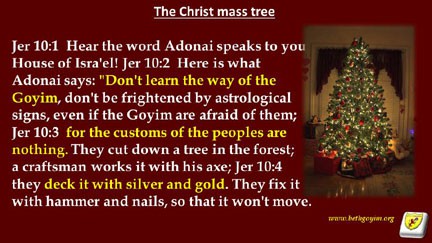Watch
Events
Articles
Market
More
An OOMlich tea making game.
https://worldenddisk.itch.io/h....ow-to-make-a-cup-of-
Tell me about a Strange thing that intrigues you!
Every working day I post an OOM for the Strange things of our Maker.
ofourmaker.com
#dailyoom



Live at 7:30 Eastern time, Change The World By Example. Listen where you get your favorite podcasts, use the player on our homepage or here https://www.spreaker.com/show/....give-god-90-episode- With a free account you can join the chat or leave a message, please consider liking and sharing these podcasts.




And his soul was drawn to Dinah the daughter of Jacob. He loved the young woman and spoke tenderly to her.
Genesis 34:3
Shechem "spoke to Dinah's heart," yet the heart is deceitful above all things. He manipulated her and lost everything for it, including his life.
Man's idea of "love" is define by how he feels at the moment. That kind of love is an illusion. If whatever you're doing feels like #love, but is contrary to #torah, it's a lie. It is not love. This is why we need Torah: to teach us how to love. God is love and all of his commandments are expressions of love and instruction on how to love.



should a follower of MESSIAH celebrate Christ Mass? http://www.bethgoyim.org/video....%20TRC/MTT/CHRIST%20




What do Esau, the Amish, and Jesus all have in common? They all forgave a crime that seemed unforgivable.
https://www.americantorah.com/....2017/12/01/forgivene



Cody Bond
Delete Comment
Are you sure that you want to delete this comment ?
Rhy Bezuidenhout
Delete Comment
Are you sure that you want to delete this comment ?
David Martin
Delete Comment
Are you sure that you want to delete this comment ?